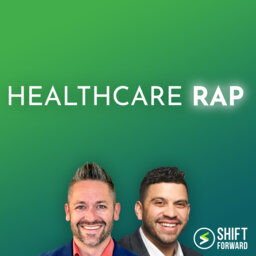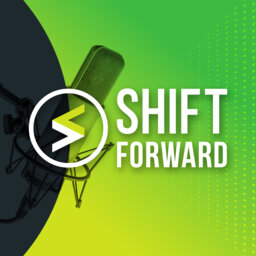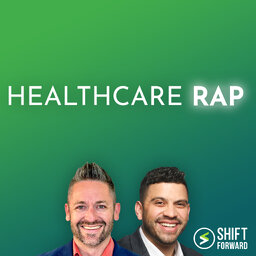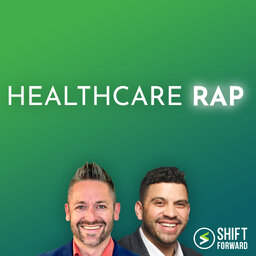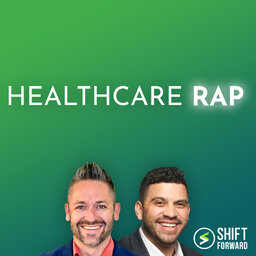ChenMed’s CMIO On How Tech Enables Transformative Care
Dr. Daniel Guerra, Chief Medical Information Officer at ChenMed, describes how technology enables ChenMed’s vision for transformative care. He gives a behind-the-scenes look at InTuneHealth, a tech-forward value based care model that focuses on helping older adults who are on the go to stay healthy.
All that, plus the Flava of the Week about Best Buy’s Geek Squad taking its talents into the home to connect remote patient monitoring devices with hospitals. What might happen as retailers roll out new ways to bring customer service to the homes of patients?
This show is produced by Shift Forward Health, the channel for change makers. Subscribe to Shift Forward Health on your favorite podcast app, and you’ll be subscribed to our entire library of shows. See our full lineup at ShiftForwardHealth.com. One subscription, all the podcasts you need, all for free. (#242)
 Shift Forward Health
Shift Forward Health